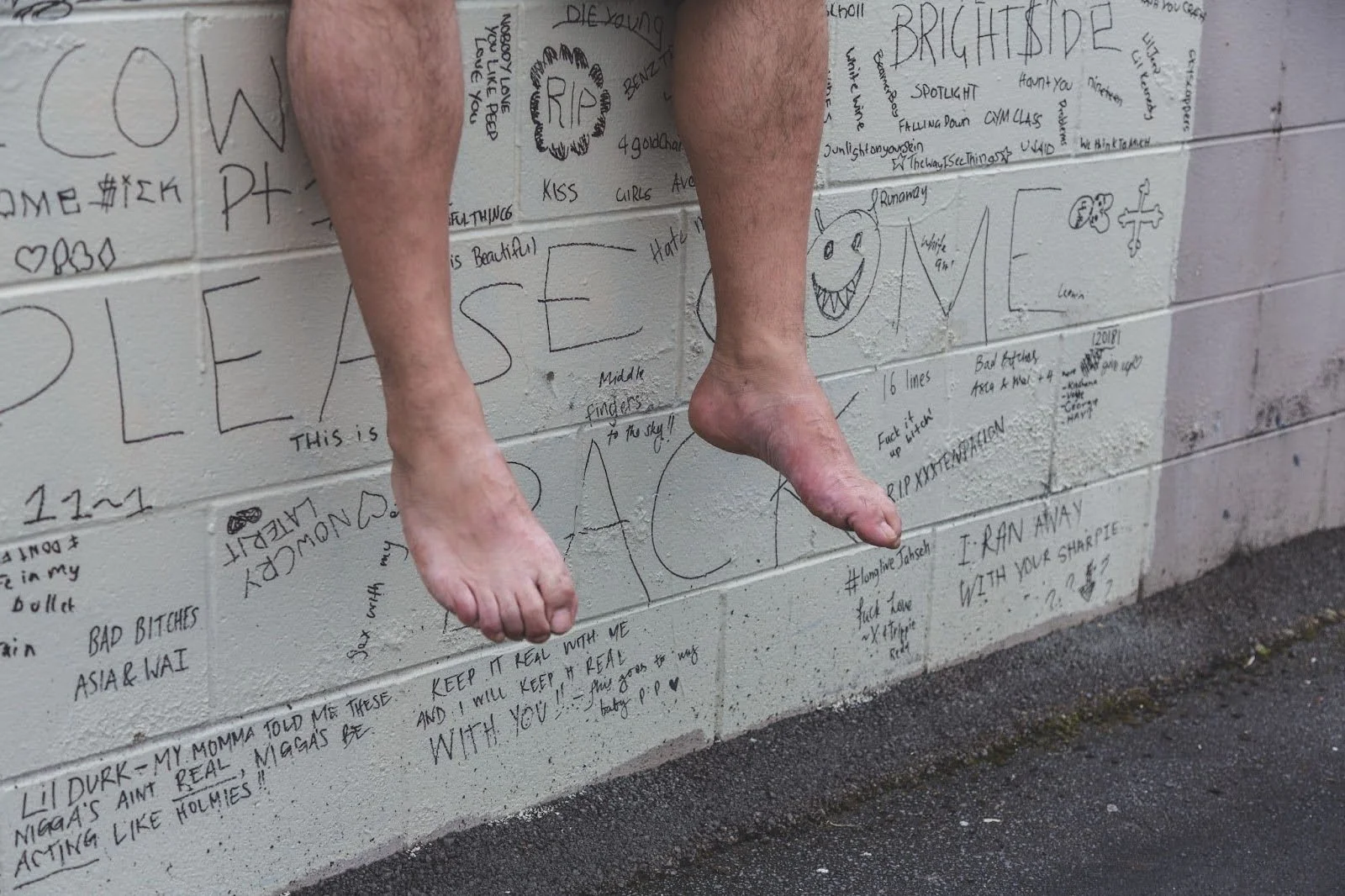Whare Tukutuku: Patterns of practice, whānau supporting whānau
Looking for patterns in the support needed to create a future whānau-centred addiction workforce
The challenge of supporting projects without crucial lived experience
When Te Rau Ora and New Zealand Drug Foundation announced a new partnership and approach to workforce development and addiction through an integrated model of prevention, ThirdStory (then Innovation Unit Australia New Zealand) was invited to support them in their endeavour. Their overall aim was to create a future addiction workforce that is whānau-centred and community-focused, flexible, redesigned for new scopes of practice, culturally competent and willing to innovate to improve Māori health outcomes and reduce disparities. They were looking for support with deepening their understanding of the needs of communities seeking addiction support, and surfacing the best examples of community / placed based addiction support initiatives.
For us, lacking personal AOD (alcohol and other drugs) lived experience and personal, lived connection into Māori communities across the country, we recognised the primary importance of having that element of cultural and experiential familiarity within the work if we were to be of support with the project. This was provided by the presence, experience and contributions of Eugene, a member of the Drug Foundation team. Eugene cleared a path for us to sit alongside him in community, in spaces and conversations we would never have otherwise heard, demonstrating his rich knowledge and honed skills.
Uncovering pattern in practice with pou whānau
The aim of Whare Tukutuku is to embed practices by Māori for Māori, integrating and privileging Māori cultural processes in reducing AOD harms. We were there to hear from whānau who act as pou, supporting, advocating, and mentoring other whānau. Some of the whānau pou were operating within the system. Others had taken the best of their system experiences and had adapted this to meet the needs of whānau. There were also those who were working things out for themselves.
Tukutuku refers to the distinctive, traditional latticework artform of Te Ao Māori, employed for a myriad of purposes, including storytelling of ancient and modern pūrākau, adornment of our ancestral houses, tukutuku line the inside walls of meeting houses (wharenui). These patterns tell stories. We spent time listening to their stories looking for patterns amongst the ways of working that were contributing positively to the lives of those looking for support. The patterns that emerged included:
Presence, in the different ways pou whānau make themselves available to whānau looking for support.
Identity, in helping whānau who have lost their way find connection back to who they once were or aspire to be for themselves and their whānau.
Someone like me, in knowing the journey, having lived the journey, bringing this experience to the space as a form of support.
Influence, in simply being themselves, bringing their whole selves as shapers, influencers, and advocates for those in need.
Place, in creating spaces and places that provide safety, security, and comfort for whānau as they navigate their own journey.
“Māori are their own workforce. They learn to self manage, to self determine, to know how to work...you know, how to look after yourself and how to address issues.”
It’s all about relationships and agency
I believe that it's around each and every engagement for each and every group that wants to connect to you. It’s intrinsic so each and every engagement the person needs to feel like they’re part of the koru club. I swear by that model of engagement each and every person who walks through the door is the perfect time to help them, give them the kōrero, make them feel like a gold card member of the koru club, put the paperwork aside, it can wait.
We were told by those working in the field that at the heart of their work is creating more sustainable relationships. When they work to maintain those relationships, they can add value to what whānau do over the long term’. The value is not necessarily about giving whānau new skills and tools, it’s often about them unearthing what they already know.
Whānau-centric practice is organic and unregulated, not constrained by limitations or processes imposed by the system. Conflating whānau-centred practice (unregulated, informal, workforce) with traditional workforce development approaches (training courses for regulated and paid workforce) runs the risk of stifling good practice. Whare Tukutuku works to run interference, enabling whānau centric practices to flourish for the betterment of the people being served.

